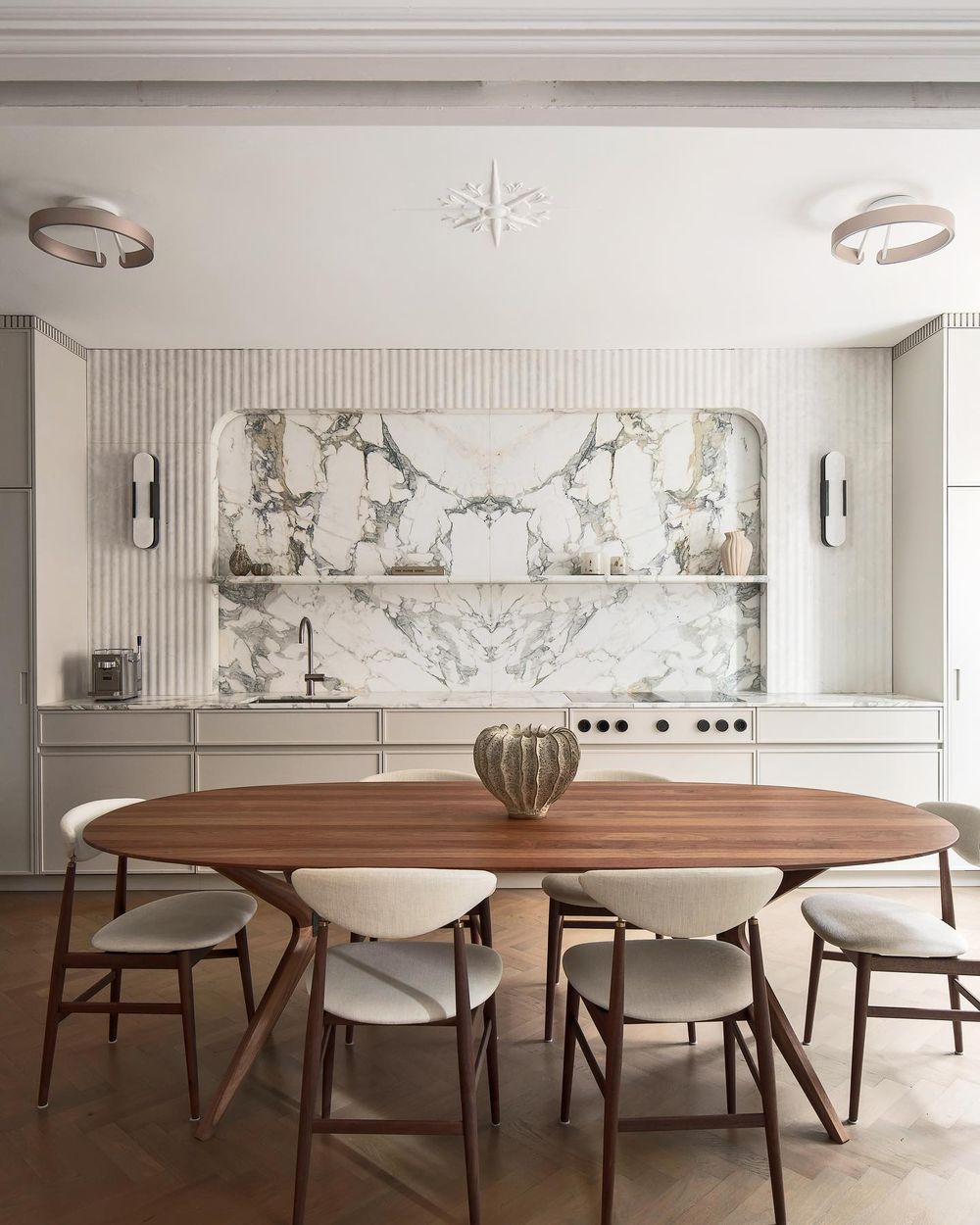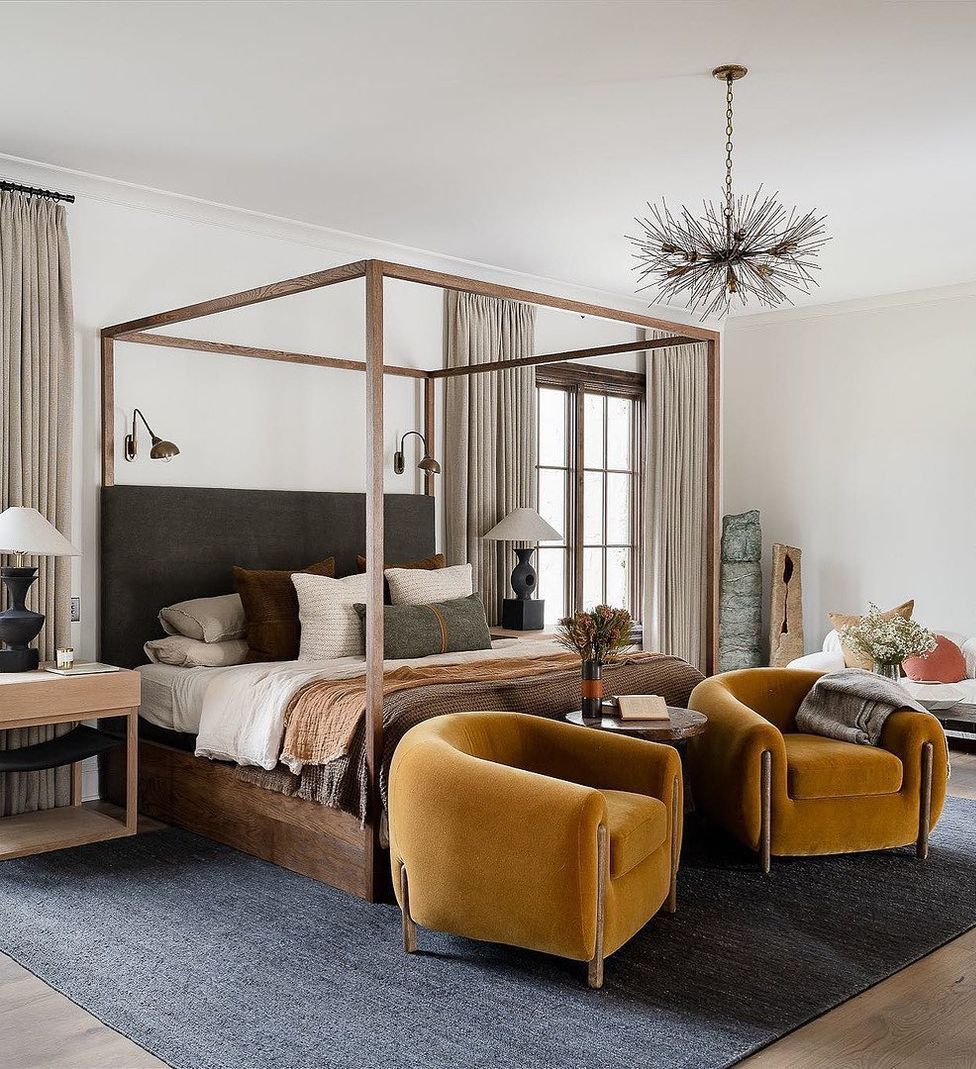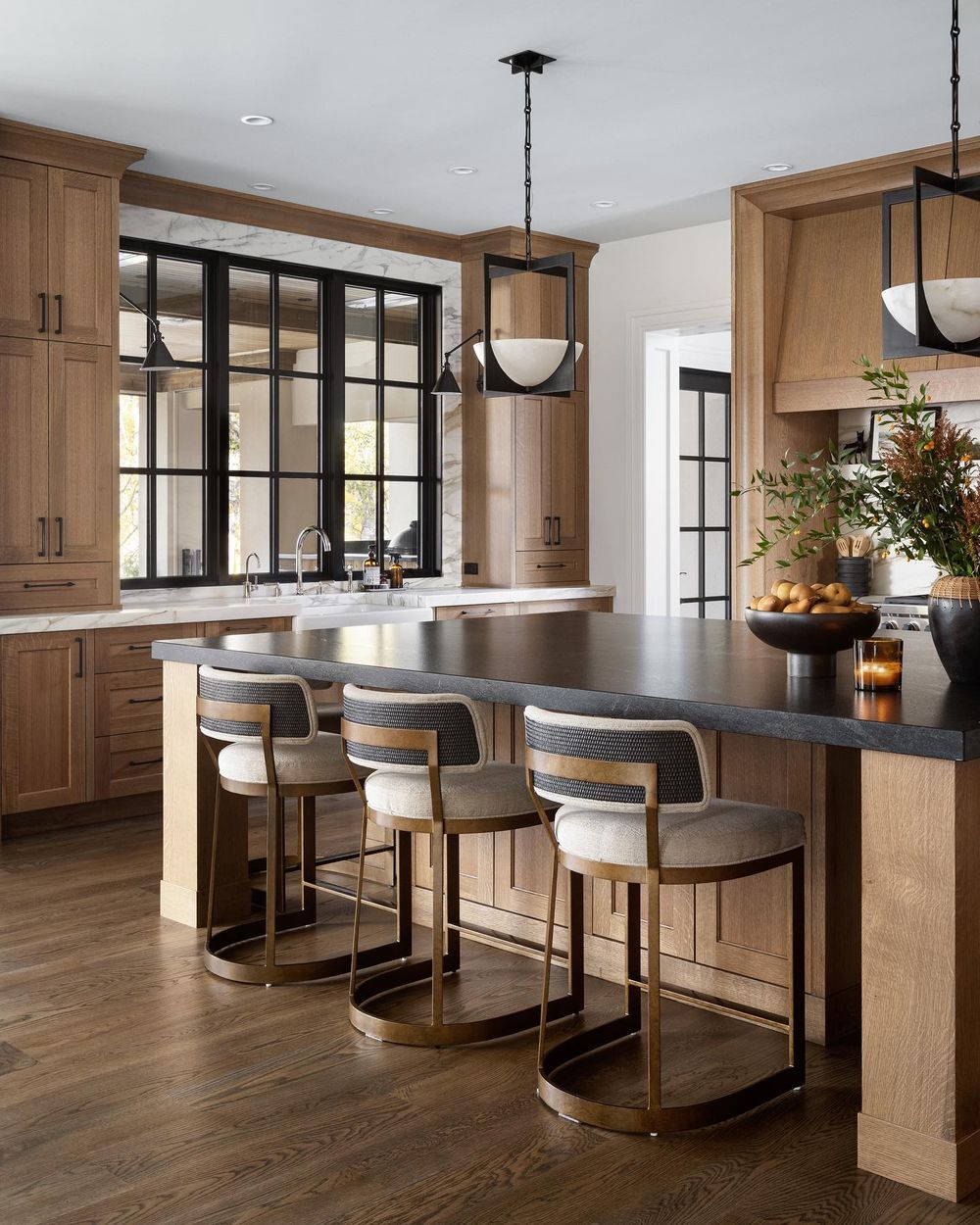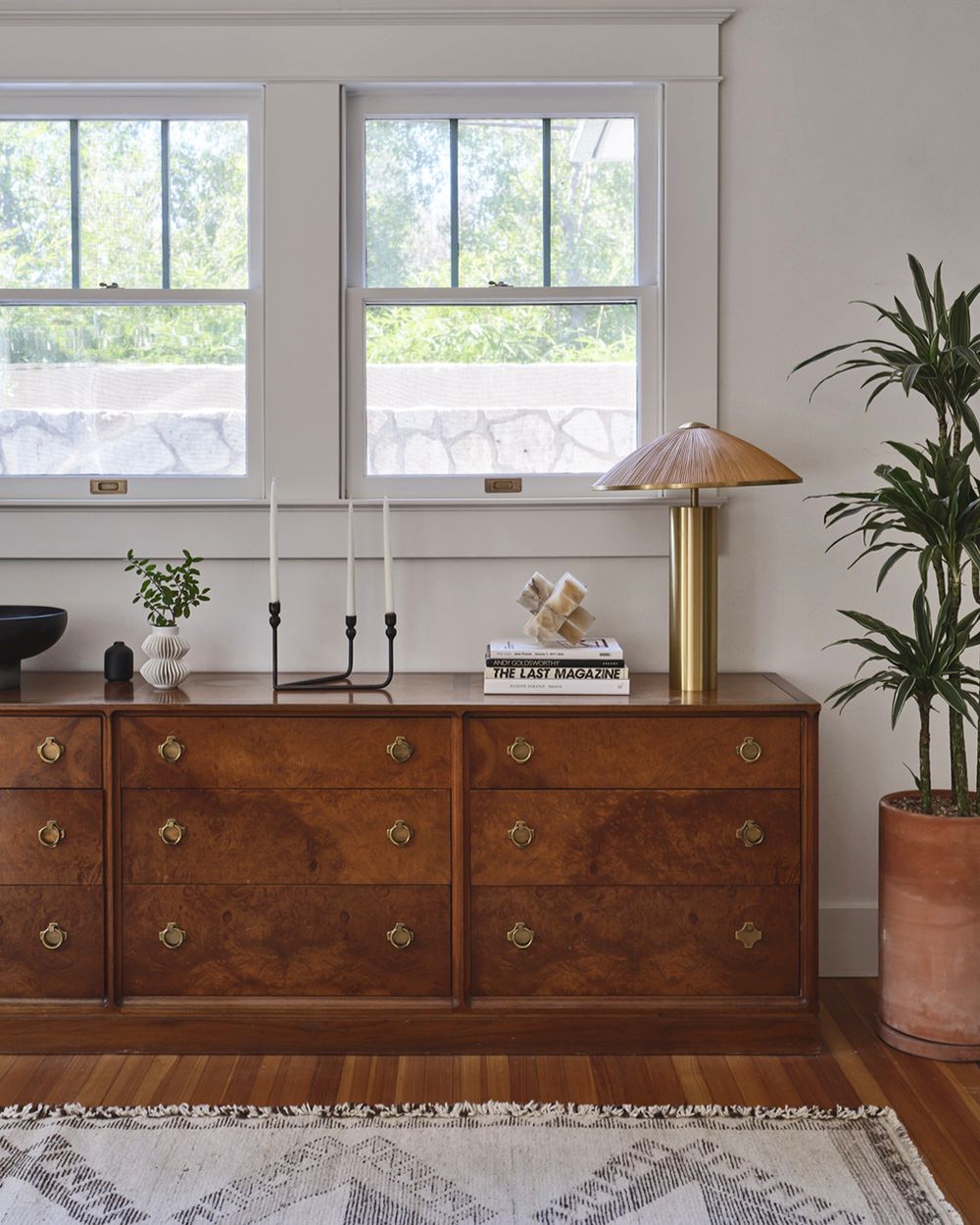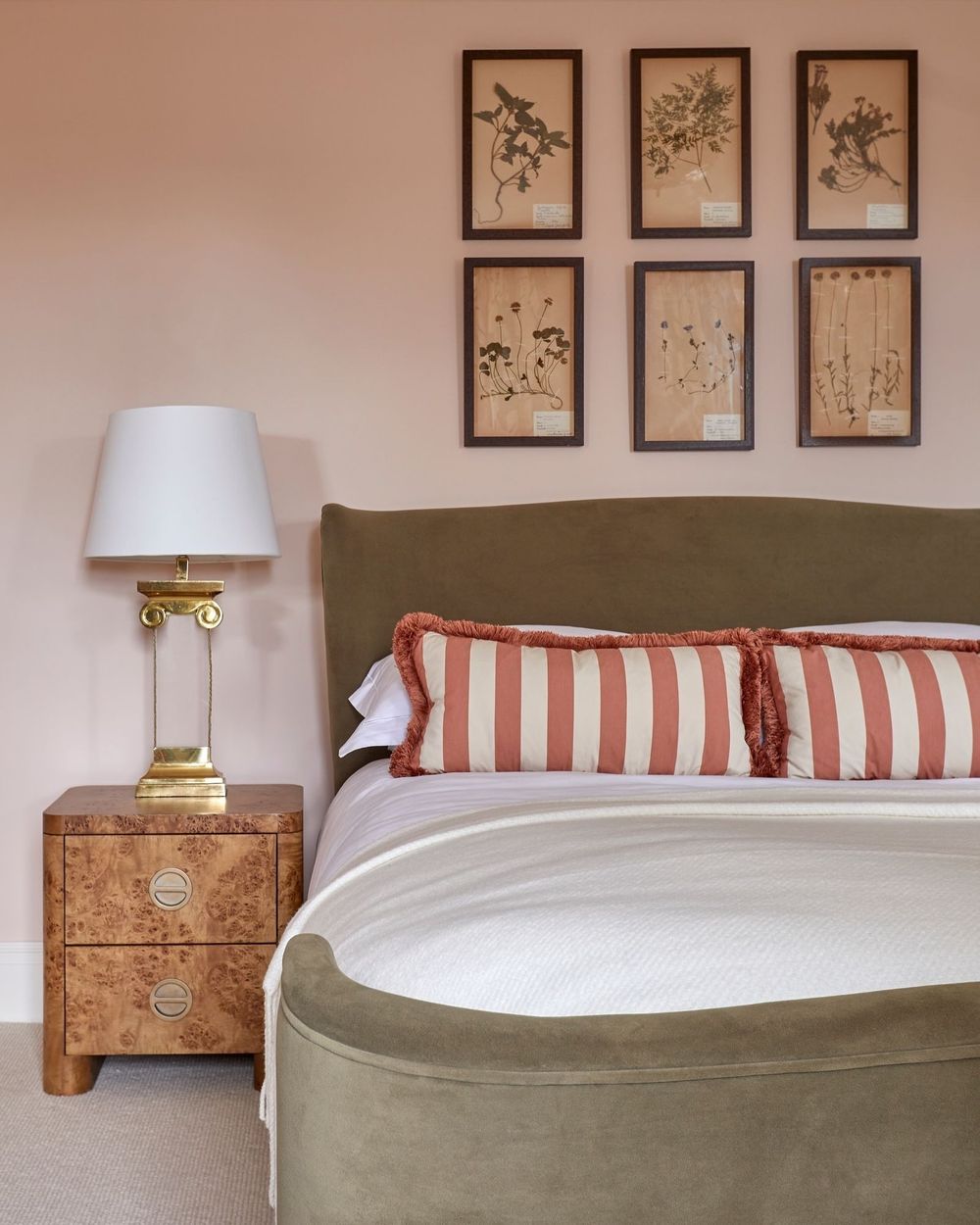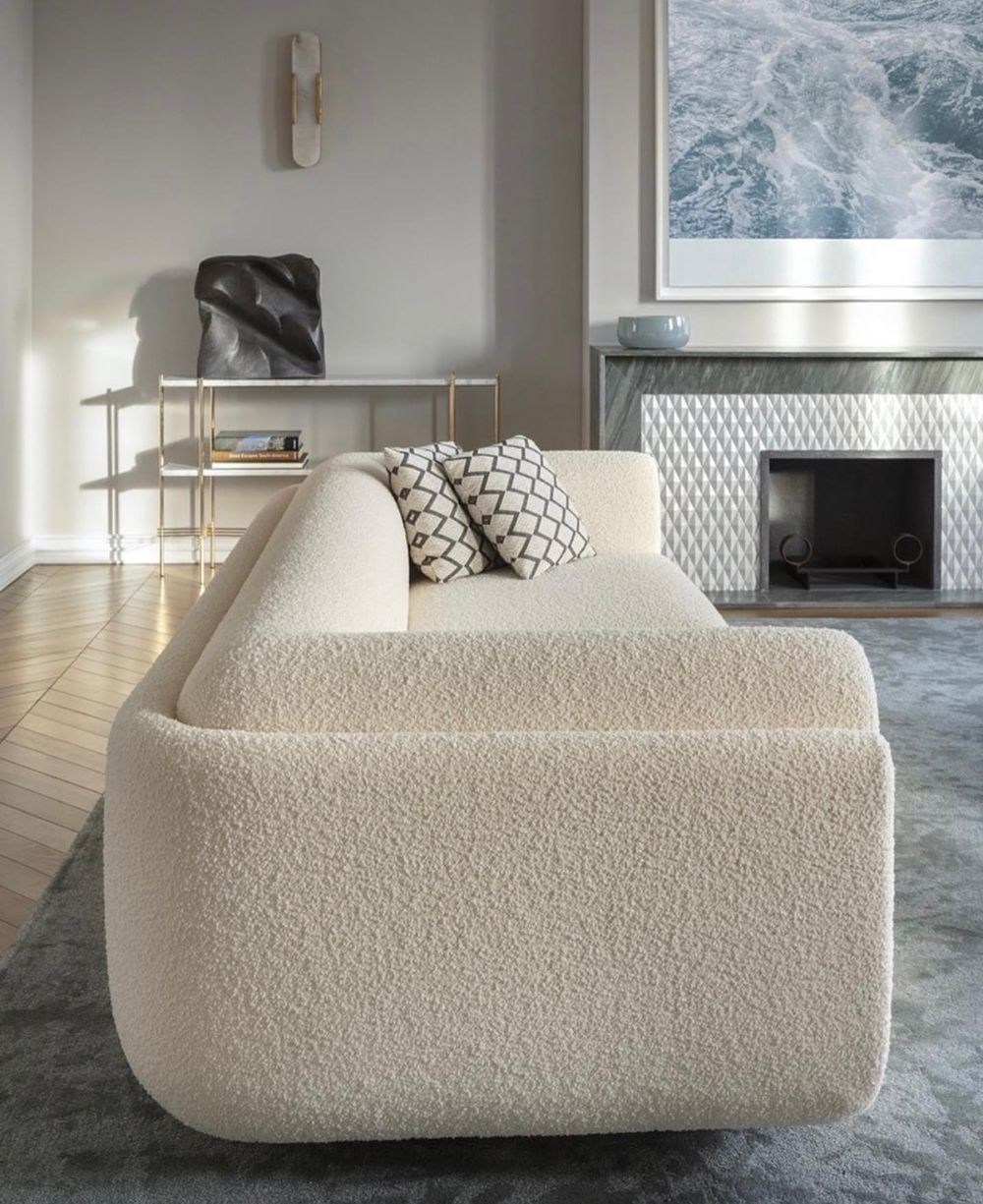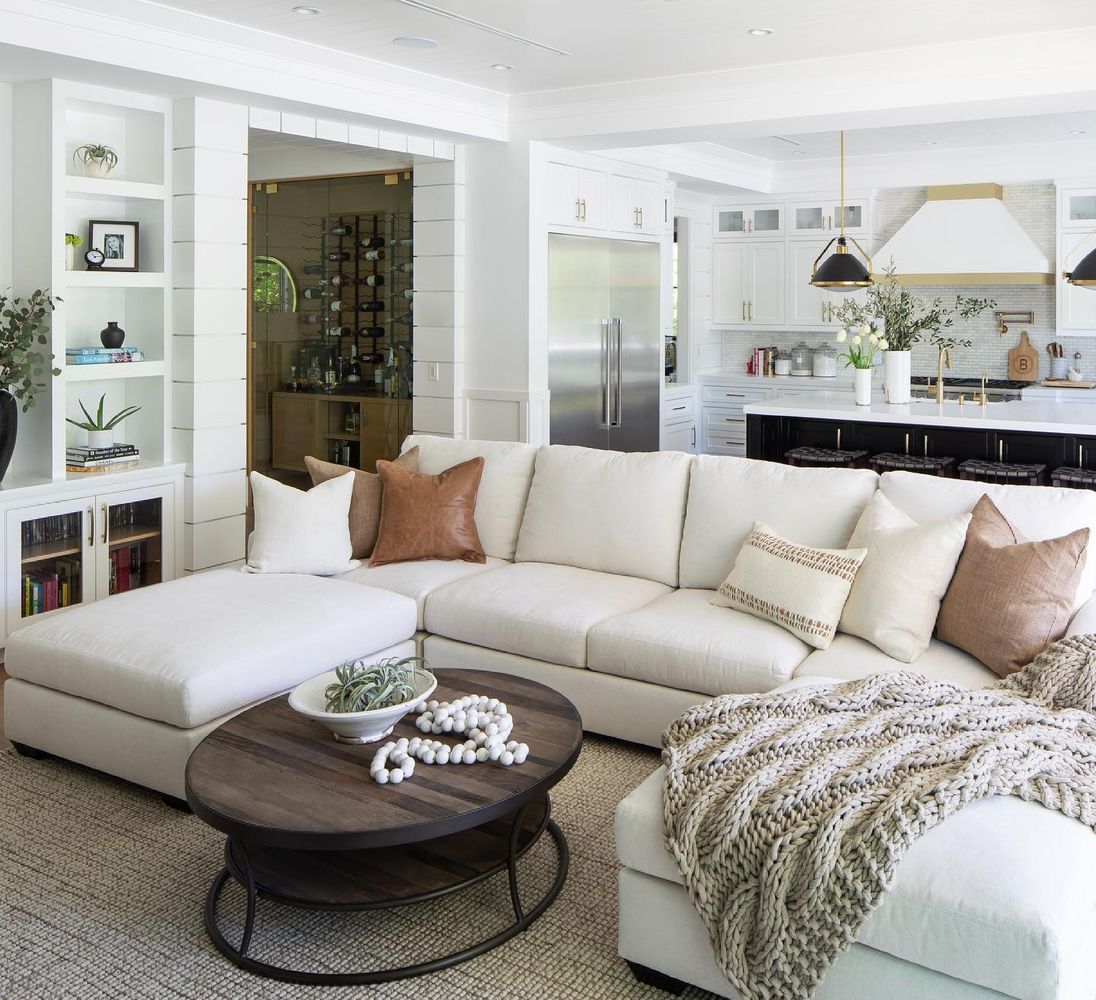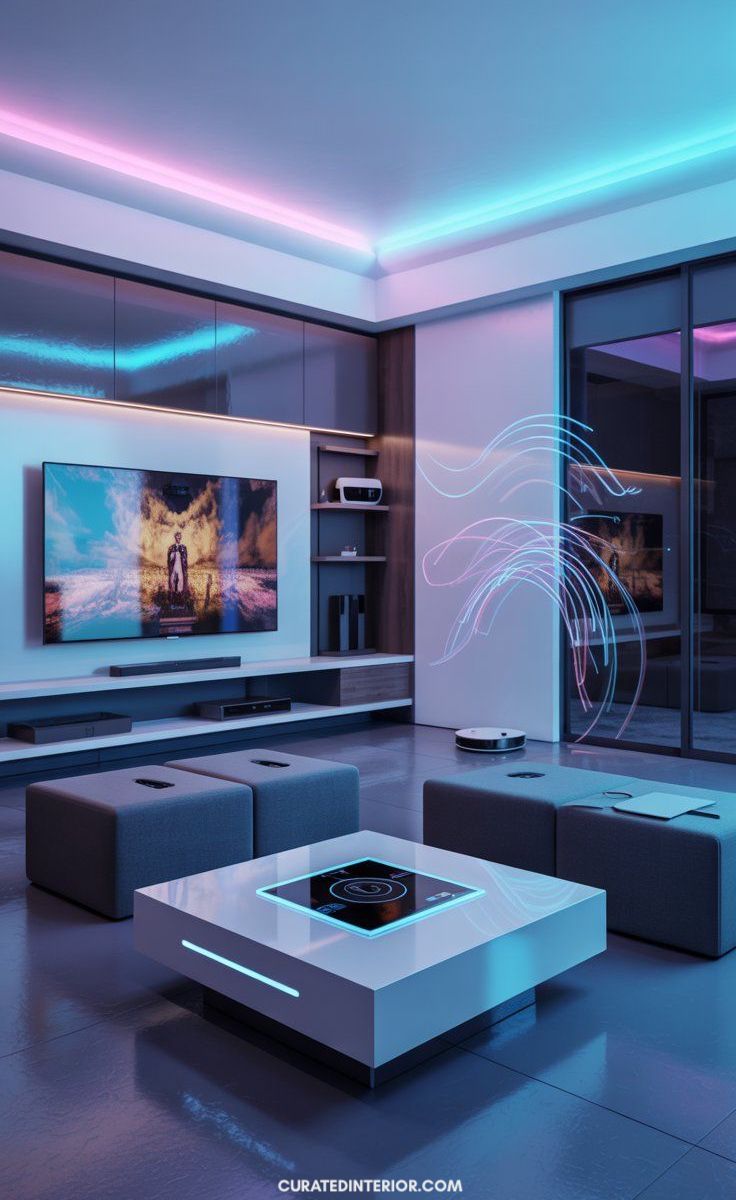When it comes to furnishing your home, one of the most important decisions is selecting the right types of furniture. The furnishings you choose for each room set the tone and functionality for the space. They bring comfort, style, and utility—turning a house into an inviting home.
I’ll give an overview of the common furniture categories and discuss what considerations to make when shopping for each. Whether you’re furnishing an entire home or just sprucing up a few rooms with new pieces, understanding the range of furniture types, styles, and quality levels is key. I’ll go over the basics of seating, storage, and surface furniture while offering tips on how to evaluate materials, construction methods, sizes, and shapes for your needs.
By the end, you’ll feel more confident navigating all the options and selecting long-lasting, beautiful furniture your family can enjoy for years to come. Stay tuned for a room-by-room guide on mixing and matching furnishings with flair while sticking to your budget!
Residential homes can have many different furniture types designed for different purposes, rooms, and styles. Here’s a comprehensive list of different types of furniture you might find in a typical residential setting:
Living Room Furniture
Here are the different types of living room furniture for homes:
Sofa/Couch
A quality sofa or couch is essential for any living room. When choosing a sofa, consider size, fabric, color and style that will coordinate with your home aesthetic. Leather or upholstered sofas can provide a comfortable place to lounge and watch TV. Sectionals allow flexibility to configure the seating to your space. Make sure to test out sofas in-store for comfort and support.
Accent Chair/Armchair
Armchairs make comfortable secondary living room seating next to a sofa. Choose accent chairs with cushions and arms wide enough to relax into. Consider how tall the arms are – lower arms make it easier to get in and out of. Swivel armchairs can provide flexibility for conversing with multiple seating areas. Add personality with a patterned fabric.
Accent chairs lend personalized flair to living rooms, bedrooms and studies. Choose chairs that complement your existing furnishings through colors, patterns or materials. Round out seating arrangements with armchairs, slipper chairs or petite accent chairs tucked in corners.
Coffee Table
Coffee tables anchor living rooms and provide surface space for drinks, books, remotes and more. The ideal coffee table height coordinates with your sofa height. Lift-top coffee tables allow storage space within. Consider a table on wheels if you want to easily change the configuration. Add baskets or trays under the coffee table to corral remotes or magazines.
Side/End Table
Side or end tables provide convenient secondary surface areas next to primary seating like sofas or armchairs. Round and square side tables take up less visual space than rectangles. Opt for smaller-scale side tables that don’t compete with other furnishings. Include at least one drawer or shelf to allow storage for remotes, books and more.
Entertainment Center/TV Stand
Entertainment centers and TV stands neatly house televisions, media players, cable boxes and gaming consoles. Consider an entire wall unit or modular pieces for flexibility. Make sure to measure your TV size to choose adequate width and height. Consider cabinets, shelves or cubbies to store movies, video games and accessories.
Bookshelf
Bookshelves show off books, collectibles and decor while storing items. Floating shelves save floor space in small rooms. Corner shelves utilize awkward empty space. Complement your existing decor by selecting wood tones and color palettes that coordinate.
Ottoman/Footstool
Ottomans provide storage, extra seating and foot rests all in one. Square ottomans with lift-tops double as coffee tables. Round ottomans save space in high-traffic areas. Upholstered ottomans can be paired with armchairs. Look for durable fabrics like leather or microfiber if using frequently as extra seating. Casters allow easy mobility.
Dining Furniture
Here are the major dining room and bar furniture types to know.
Dining Table
A dining table is the centerpiece of any dining space. Choose adequate size and shape to comfortably seat your household and guests. Rectangular tables work well in elongated spaces, while round tables promote conversation. Protect tables with table pads or tablecloths and seat cushions with washable covers.
Dining Chairs
Quality dining chairs provide comfort through an entire meal – don’t skimp on cushions. Armless chairs allow more flexibility for additional seating. Consider upholstered seats with wood or metal legs for easy cleaning. Add pillows to wood chairs for extra warmth and decoration. Arrange an equal number of chairs on both sides.
Sideboard/Buffet
Sideboards and buffets provide serving space plus storage for dining essentials like linens, cutlery and servingware. Look for pieces with cabinets, drawers and open shelving. Place against the wall or dining room entryway. Style should coordinate with your dining table for a cohesive look.
Hutch or China Cabinet
China cabinets elegantly show off fine dinnerware while protecting it behind glass doors. Interior lighting illuminates displayed objects – look for interior adjustable shelves to accommodate various sizes. Place flatware in lined drawers to prevent scratches. Locking cabinets keep valuable items secure.
Bar Cart
Bar carts streamline the serving of wine, cocktails, and other beverages in dining rooms or living spaces. Metal and wood materials provide durability with style. Look for existing countertop space when buying to determine cart height and lockable casters for mobility. Incorporate personalized flair with accessories like custom glassware, tray inserts, and other decorative yet functional items.
Bedroom Furniture
Here are the primary types of bedroom furniture:
Bed/Bed Frame
Invest in a quality bed or bed frame with an integrated headboard or standalone headboard. Platform beds with slats or box springs support mattresses without needing a frame. Canopy beds can make a bedroom feel cozy and luxe. Consider metal frames for durability or wood frames for visual warmth. Measure carefully to allow walking space around beds.
Dresser
Dressers provide plenty of clothing storage plus a surface for displaying photos and accessories. Look for dressers with capacities suited for one person or a couple with drawers, cubbies and top surface area. Place one against an empty wall or anchor a room. Match the wood’s finish to coordinate with existing furniture.
Nightstand
Nightstands placed flanking a bed provide surface space for lamps, books, glasses, alarm clocks while keeping items easily accessible. Opt for at least one drawer for storing smaller personal items. Coordinate heights with your mattress height. Consider a lower profile nightstand on one side to allow room for making the bed.
Wardrobe/Armoire
Wardrobes and armoires offer covered clothing storage alternatives to dressers. Look for full-length mirrors on doors and ample shelves, hanging rods and drawers inside to organize clothing and accessories. Utilize top surface for displaying decorative items. High armoires anchor tall walls while shorter wardrobes fit under windows.
Vanity Table
Makeup vanity tables provide storage and workspace for makeup application and jewelry display. Look for adjustable mirrors, drawers to organize beauty items and a comfortable bench. Opt for a flip-top vanity to hide items. Include Hollywood-style lightbulbs to brightly illuminate your reflection without shadows.
Lingerie Chest of Drawers
Chests of lingerie drawers provide ample lingerie or underwear storage stacked vertically. Opt for five or more larger drawers. Place in bedrooms for overflow clothing and lingerie storage or in entryways to hold hats, umbrellas, bags and shoes. Style should match your existing bedroom set or complement other furniture.
Home Office Furniture
Here are paragraphs about home office and storage furniture:
Desk
Computer desks and writing desks provide a workspace for productivity, organization, and creativity. Look for desks with specialized features like keyboard trays, cord management and file drawers suited for your needs. Arrange desk placement to avoid screen glare from windows or bright overhead lights.
Office Chair
A quality office chair promotes healthy posture and comfort during extended sitting. Adjustable features like seat heights, armrests and lumbar support cater to various body types. Breathable mesh keeps you cool while leather wicks away moisture. Casters allow easy movement around a workspace.
Filing Cabinet
Filing cabinets neatly organize documents, files, papers and more. Vertical drawers save floor space compared to lateral file cabinets. Centralize frequently accessed files in top drawers. Locking drawers protect sensitive paperwork. Place perpendicular to desks for ergonomic access.
Bookcase
Bookcases not only store books, but also provide display space for decorative objects. Mix closed cabinets with open shelving. Freestanding bookcases section off space while built-ins anchor walls. Size appropriately to leave walking room around furniture.
Shelving Units
Shelving units work in any room to hold, display and organize. Mix materials like wood and metal for eclectic appeal. Incorporate doors and drawers as needed while leaving some open display space. Place as standalone pieces, joined multiples or wall-mounted. Size and scale shelves proportionately for room and use.
Kitchen Furniture
Here are the top kitchen and dining furniture pieces:
Kitchen Island
Freestanding kitchen islands provide extra countertop workspace, storage and seating. Look for islands with drawers, cabinets and shelves to store kitchen tools and pantry items out of the way. Allow at least 3 feet clearance on all sides for traffic flow. Coordinate island style with existing cabinetry.
Kitchen Cart
Kitchen carts offer flexible extra storage and workspace. Opt for a cart with wheels to easily move around your kitchen. Include small appliances, utensils, and pantry goods in the shelves and drawers. Use the countertop to stage mise en place, chop, roll dough and more.
Bar Stools
Bar stools line kitchen islands and peninsula countertops to provide seating for casual dining. Swivel functionality allows easy conversation with seated diners. Look for bar stool height to align with your countertop height. Upholstered seats provide comfort, or opt for wood or metal materials to suit your style.
Pantry/Cupboards
Kitchen pantries and cupboards organize dry goods, small appliances, linens and kitchen tools. Consider glass-front doors to allow visibility of contents. Install pull-out shelves, lazy susans in corners and door racks for optimal use of space. Dedicate lower cabinets for large appliances, pots and pans.
Bakers Rack
Bakers racks provide storage for baking sheets, cooling racks and more. Opt for sturdy metal construction with adjustable shelves. Place near ovens for staging baked goods or use as a bar area for wine glass hanging and bottle storage. Folding racks allow consolidated storage for when it’s not in use.
Entryway/Hallway Furniture
Here are a few pieces of entryway and hallway furniture:
Console Table
Console tables anchor entryways or hallways while providing storage and display space. Long, narrow proportions fit well in tight spaces like behind sofas or along walls. Opt for a console with shelves or drawers to corral household items out of sight. Top surface can hold decor, keys and more.
Entryway Bench
Entryway benches provide seating for putting on/taking off shoes while storing accessories underneath. Look for bench cushioning to make the experience comfortable. Include coat hooks on the walls surrounding the bench. Pair with a rug underneath for a put-together look.
Coat Rack
Freestanding coat racks keep winter outerwear organized near house entries. Consider a freestanding tree rack or wall-mounted rail with hooks. Stagger hooks at different heights to accommodate various garment lengths. Place on an empty wall near your main door where traffic flow isn’t disrupted.
Shoe Rack/Shoe Bench
Shoe storage keeps high-traffic entryways tidy while protecting floors from dirt and grit. Freestanding shoe racks and benches maximize vertical space. Customize separate cubbies for each family member or housemate. Use storage ottomans to tuck shoes out of sight.
Kids’ Room Furniture
Here are the different types of kids’ and nursery furniture:
Bunk Beds
Bunk beds maximize bedroom floor space so kids can conveniently sleep and play. Look for built-in ladders, guardrails and durable construction to support active kids. Include under-bed drawers or shelves for extra storage. Arrange perpendicularly to windows to allow light access for both beds.
Kids Study Desk
Compact study desks designed for kids provide ergonomic spaces to do homework. Look for adjustable chair heights and desk surfaces to grow with your child. Include shelving above or next to the desk surface to store books and supplies. Place desks near outlets so lamps and devices can be powered.
Toy Chest
Toy chests neatly contain kids’ toys, games and stuffed animals. Look for safety hinges to prevent pinched fingers plus vent holes so lids won’t trap small children inside. Include internal organizers to neatly section toys. Arrange near play areas to corral wayward items.
Kid-sized Chairs/Tables
Pint-sized tables and chairs allow kids to color, play games or create art at their level. Choose lightweight furniture kids can maneuver themselves. Style chairs and tables identically for a cohesive play area. Opt for materials like wood, plastic or metal that are durable yet easy to clean.
Changing Table
Changing tables provide safe, ergonomic diapering areas for babies’ rooms. Look for models with protective rails, multiple shelves and drawers to organize essentials within arm’s reach. Waterproof changing pad covers simplify messes. Place near cribs for middle-of-the-night changes.
Specialty Furniture
Here are the types of specialty, multifunctional and decorative furniture for unique places in the home:
Futon/Sleeper Sofa
Futons and sleeper sofas transform from sofas to beds to suit changing needs. Futons fold the back down flat for a makeshift bed while sleeper sofas have mattresses folded inside. These flexible pieces work well for spare bedrooms, dens, bonus rooms, apartments and more.
Murphy Bed
Murphy beds are wall beds that fold vertically to disappear neatly into cabinets. They’re excellent space savers, converting unused walls into guest beds. Customize cabinet fronts to match existing decor by adding panels or mirrors. Upgrade mattresses for daily use instead of occasional guests.
Chaise Lounge
Chaise lounges provide comfortable reclined seating to lounge or even sleep. They can be used standalone or anchored by armchairs. Indulge with adjustable positions, rolled arms and tufted upholstery. Float in living rooms, bedrooms and studies as flexible additions to room layouts.
Recliner
Recliners fully recline via easy mechanisms allowing you to put your feet up. Overstuffed paddings promote relaxation in the lay-flat position. Choose manual lever operation or treat yourself to power operation buttons. Place recliners near end tables to hold drinks, remotes and more.
Divan
Divans resemble couches but lack arm or back rests. Their simplistic shapes provide flexible seating options and sleek, streamlined silhouettes. Arrange against walls, float in rooms standalone, or secure back cushions to use as makeshift arms. Stack divans in sections to create adaptable configurations.
Bar Cabinets
Bar cabinets provide refined drink storage and display while keeping alcohol concealed. Interior storage fits various glassware while exterior doors get a custom look with materials like leaded glass. Install internal lighting to spotlight your best bottles and glassware.
Wine Racks
Wine racks neatly store and display wine collections. Mounted racks maximize wall space while freestanding racks allow portable storage. Look for rack inserts to prevent bottles from sliding. Display alone or build into cabinetry like kitchen islands and bars.
Fireplaces/Mantelpieces
Fireplace mantels create alluring focal points while radiating cozy warmth. Electric models provide a flame ambiance without ventilation needs. Adorn mantelpieces with art, mirrors, or displays above the firebox. Repurpose non-working fireplaces by removing interiors and filling them with storage furniture.
Plant Stands
Plant stands showcase houseplants in style while elevating greenery to brighter light conditions. Opt for sturdy metal frames with adequate lip edges to prevent pots tipping over. Arrange in front of windows, or use taller shelved models as natural room dividers.
TV Trays
TV trays conveniently hold snacks and drinks in living rooms and dens during movie nights, parties and casual gatherings. Look for adjustable heights to fit different seats. Fold slim for compact storage when not in use. Upgrade to wooden tray tops that can double as lap desks.
Accent Furniture
Here are some final paragraphs about accent furniture pieces:
Nesting Tables
Nesting tables are sets of two or more portable tables that slide under each other for storage. Lift tops as needed to create instant side table space, then collapse into a slim profile when not needed. Opt for rounded edges so nesting seamlessly.
Poufs
Decorative poufs and floor cushions function as footstools, auxiliary seating and coffee tables all while adding texture. Soft, sturdy frames are padded for comfort yet durable. Use leather or washable fabrics to withstand heavy use. Arrange in multiples around living spaces.
Hallway Cabinets
Maximize narrow hallway space with built-in or standalone cabinets. Opt for cabinets with doors to conceal contents rather than open shelving that contributes to visible clutter. Include hooks inside cabinet doors to hang hats, leashes and bags.
Decorative Screens/Room Dividers
Decorative screens like carved wood panels, fabric displays or latticework visually define spaces without restricting light flow or views. Position behind seating areas or between rooms as chic barriers that double as eye-catching artwork. Panel screens collapse accordion-style for storage.
Storage Furniture
Here are some ideas for furniture with storage functionality:
Storage Benches
Storage benches offer hidden storage for entryways, bedrooms and the end of beds. Lift the hinged seat to reveal roomy interiors to contain linens, shoes, toys, books and more. Upholster tops for seating comfort; choose wood frames over metal for less cold sensation.
Storage Ottomans
Storage ottomans conceal clutter while providing surfaces for resting feet, trays, snacks or drinks. Square shapes gain you the most interior capacity. Strong wooden frames support heavier use as makeshift seating. Look for durable leather or microfiber upholstery.
Storage Trunks
Storage trunks recall vintage luggage allure. Their generous proportions swallow seasonal goods, extra bedding, children’s toys or anything needing containment. Look for trunks with lifting trays inside organizing interiors. Opt for caster feet for portable room-to-room mobility.
Accent Storage Cabinets/Chests
Detail-oriented cabinets and chests concentrate storage in decorative freestanding furniture. Incorporate into room-defining furniture arrangements or against less-seen walls. Customize interiors with adjustable shelves, drawers, hooks and more to accommodate your storage needs.
Storage Cubes/Bins
Storage cubes maximize every inch thanks to stackable modular components. Arrange into open shelving units or add doors/drawers for enclosed storage. Complement existing decor through muted colors like black, white, and natural wood tones. Labels can help identify contents.
Outdoor Furniture
Here are some common types of outdoor furniture:
Patio Table and Dining Chairs
Patio table sets create welcoming areas for outdoor dining and conversation. Protect finishes with weather-resistant materials like powder-coated metals, all-weather wicker and weatherproof cushions. Arrange seating to promote views and breeze exposure.
Patio Lounge Chairs
Patio lounge chairs resemble recliners tailored for soaking up sunshine. Adjustable positions cradle the entire body in comfort. Freestanding chaises provide further recline versatility to follow the outdoor views or optimal sun exposure.
Outdoor Sofa
Outdoor-friendly sofas bring living room comfort outdoors to your patio, porch or deck. All-weather cushions feel plush while shedding rainfall. Look for fade-resistant fabrics with UV shielding and durable frames. Arrange facing views or in conversation groupings.
Hammock
Hammocks stretch between trees or stands for breezy, swaying relaxation. Cotton rope weave offers both ventilation and cozy cradling. Install sturdy hooks and hardware mounts for safety and longevity. Place in shaded areas and angle to catch scenic views.
Outdoor Bench
Outdoor benches welcome visitors while waiting in style. Classic wooden garden benches coordinate beautifully with nature. Curved benches sunk in shady spots create private nooks. Concrete legs add modern appeal for contemporary settings. Style to complement architectural surroundings.
This list is not exhaustive, as furniture design and usage can vary widely based on personal preferences, regional styles, and cultural influences. There can also be custom or specialized furniture that serves unique functions based on individual needs or home layouts.
